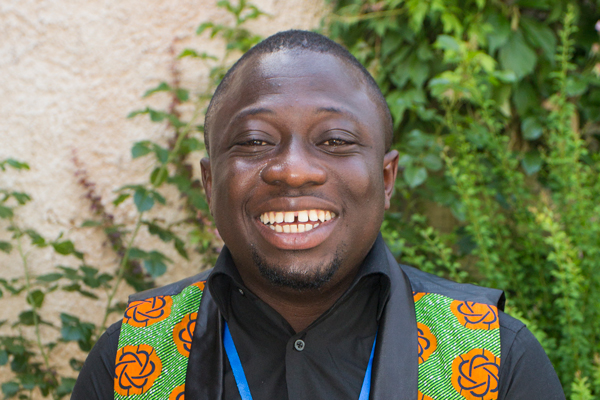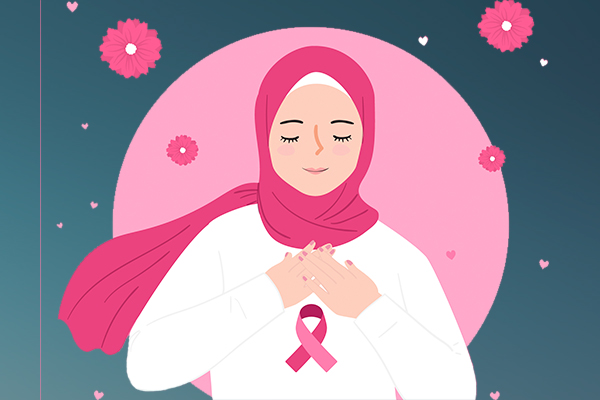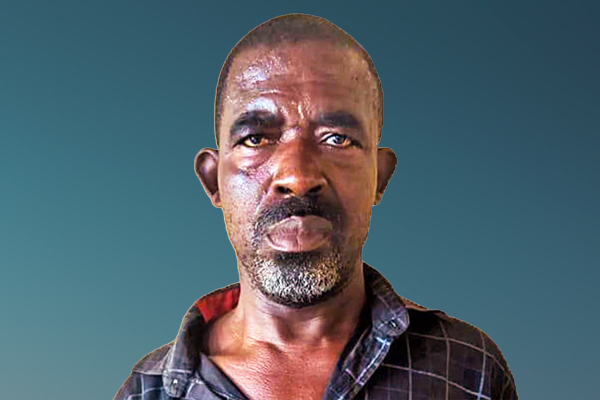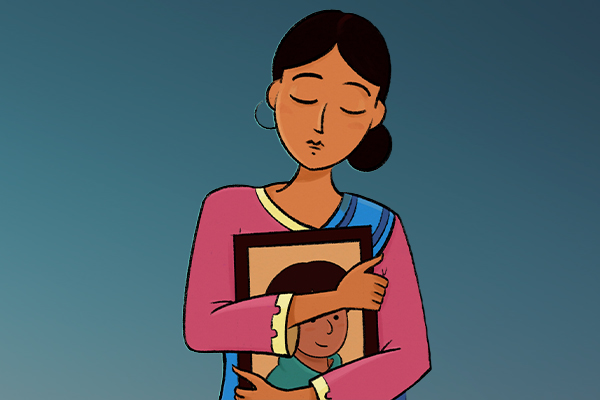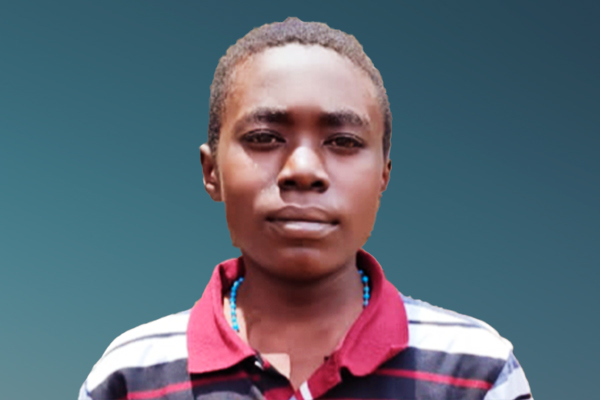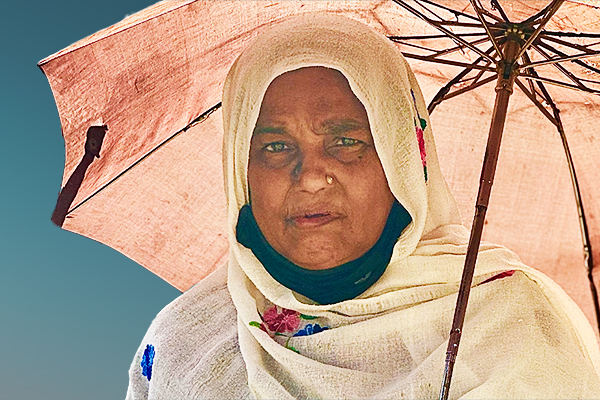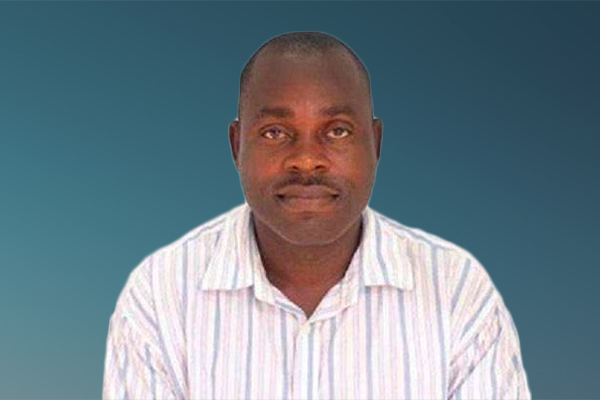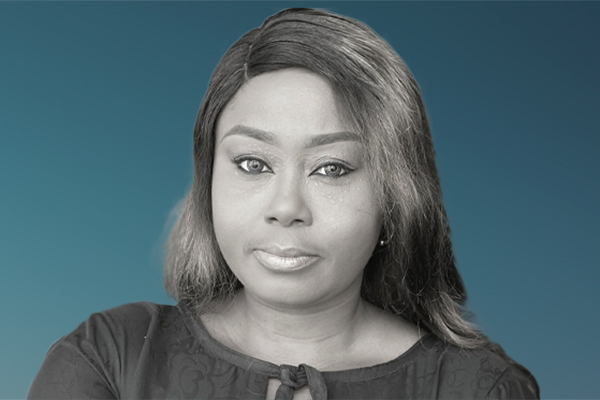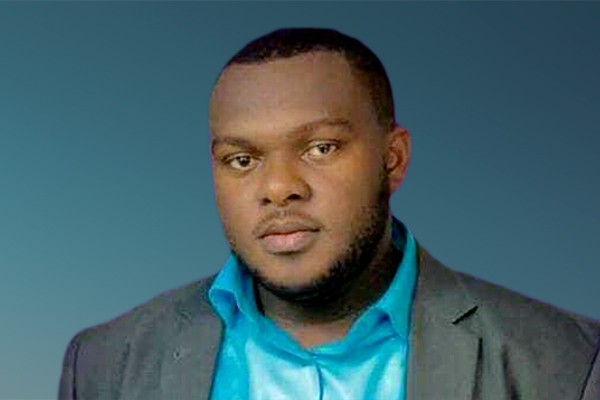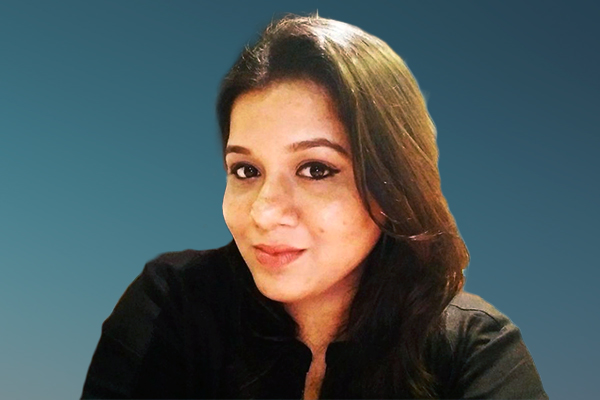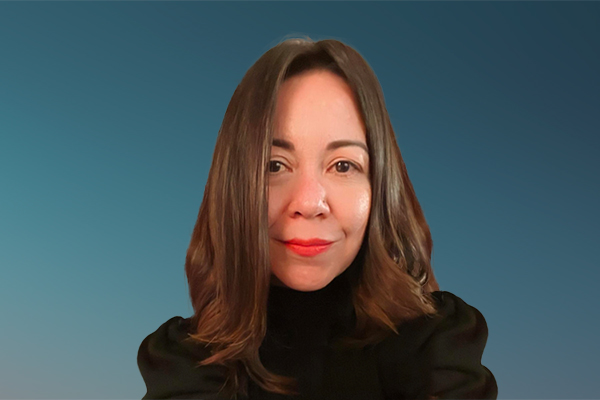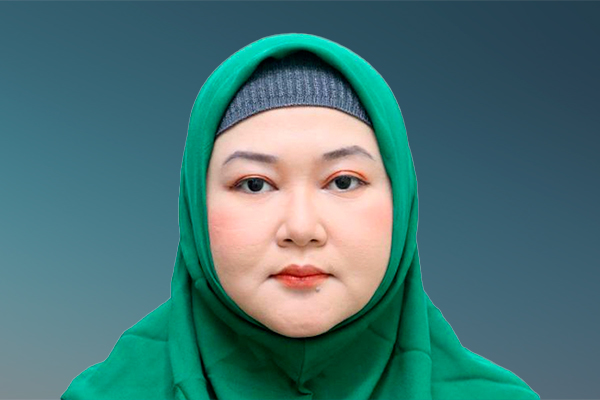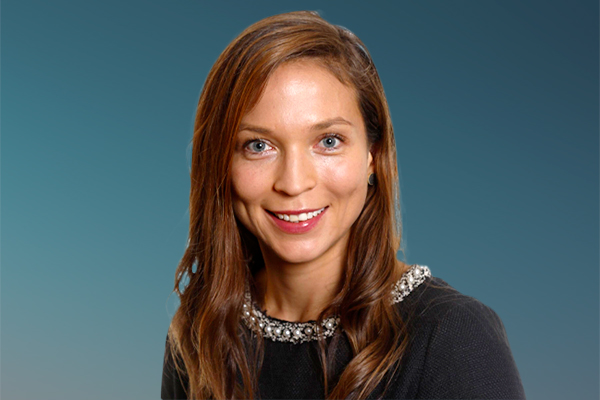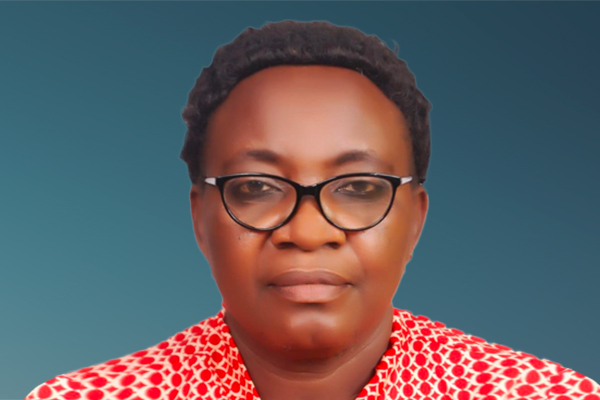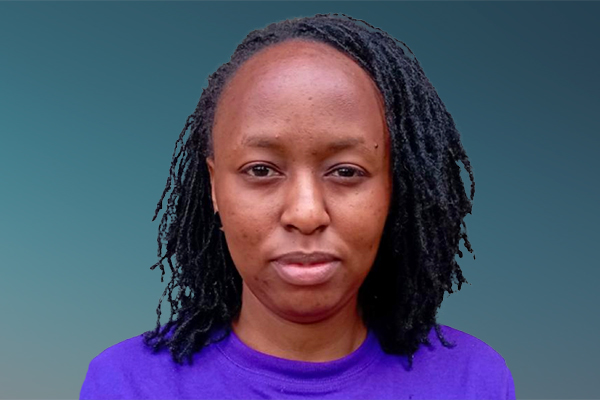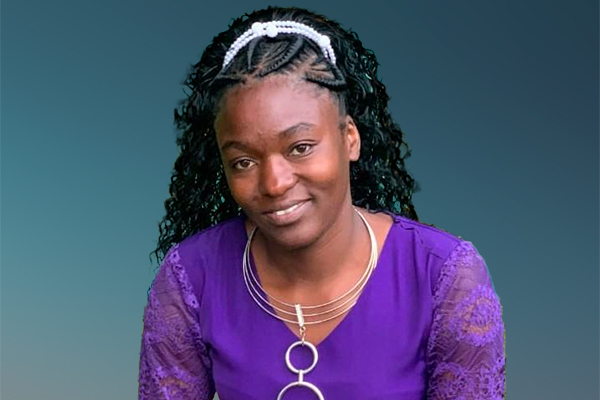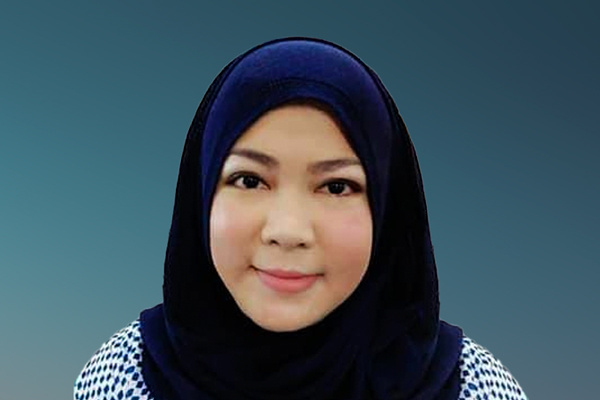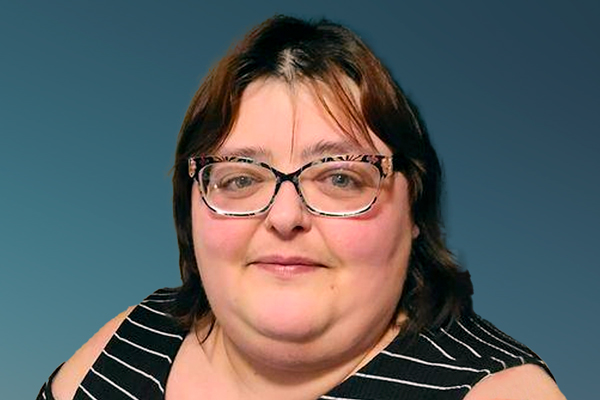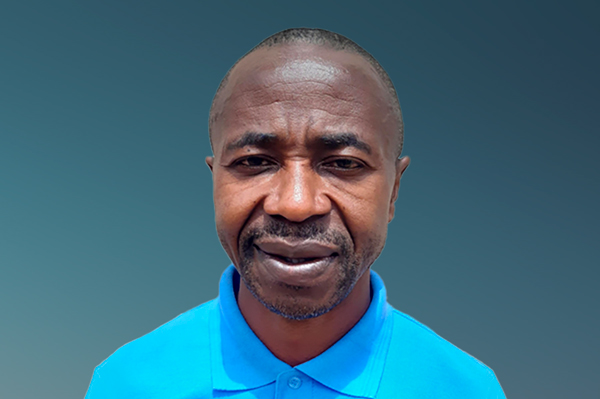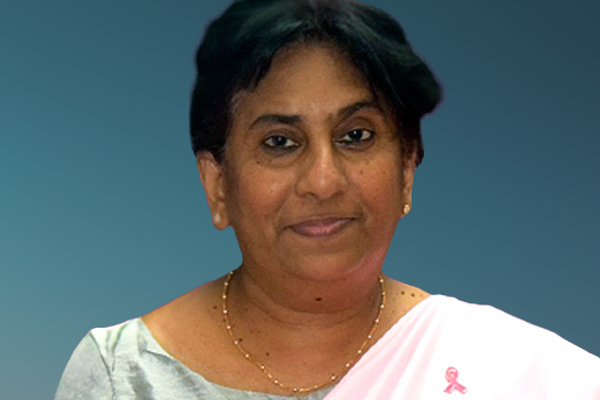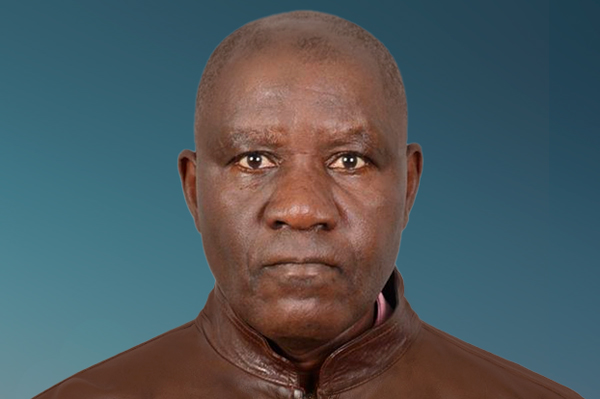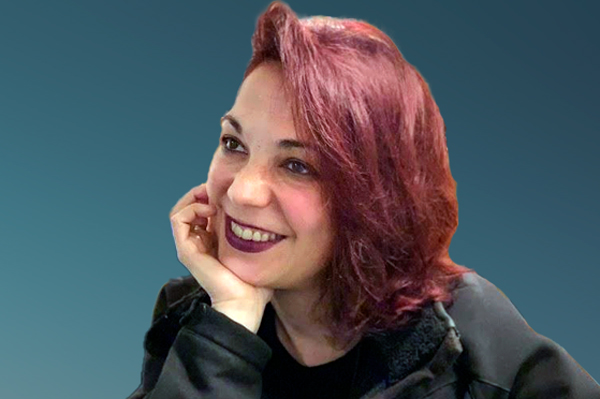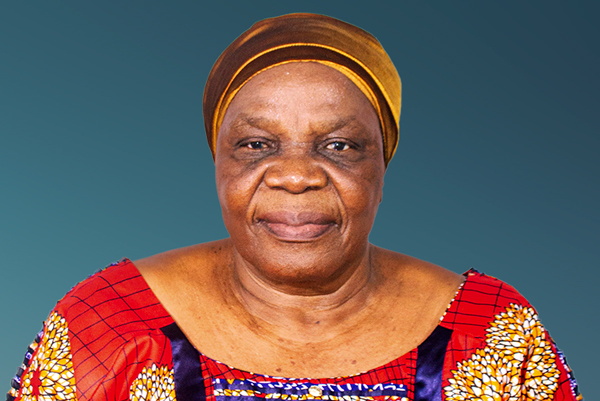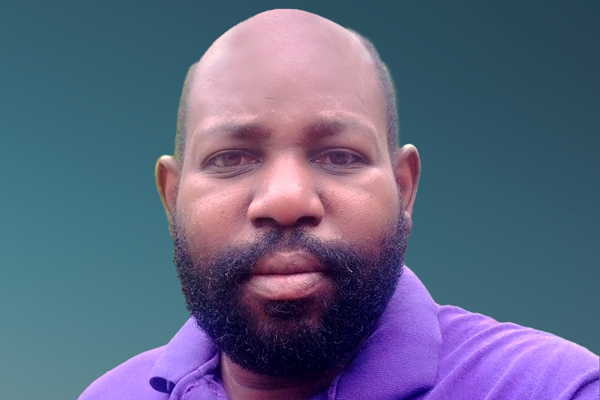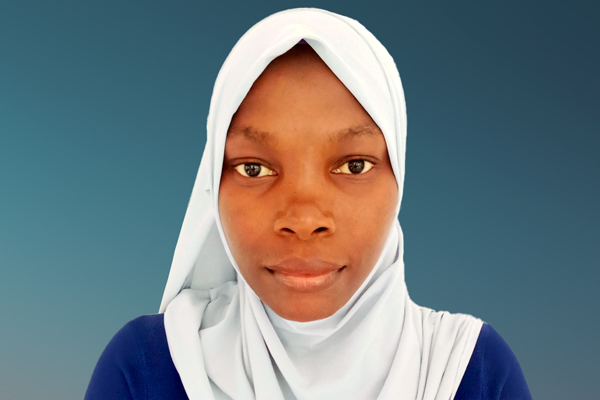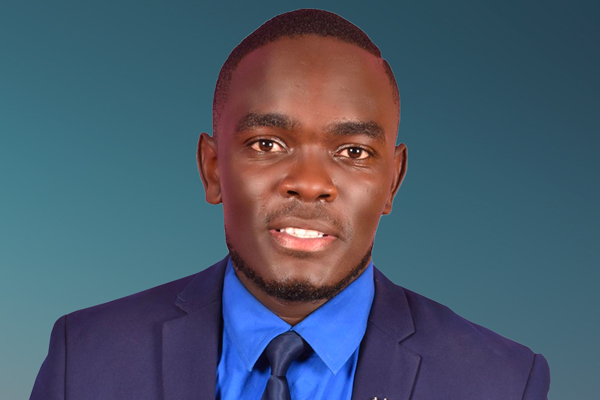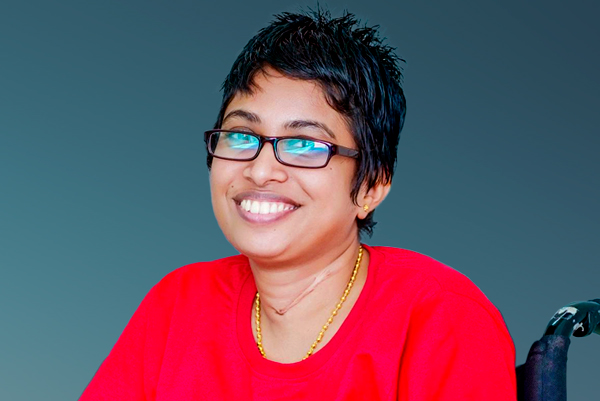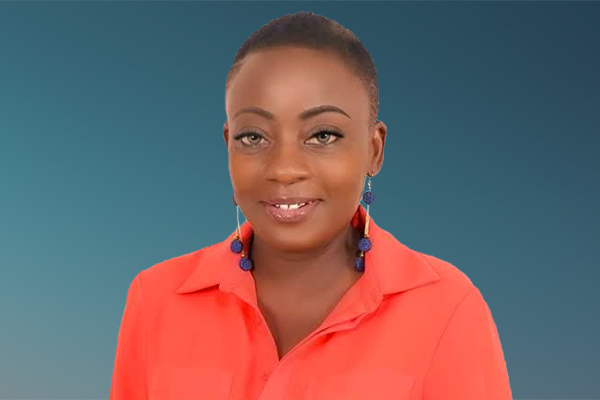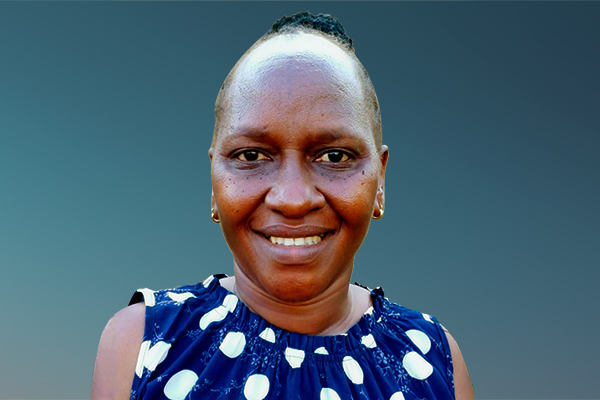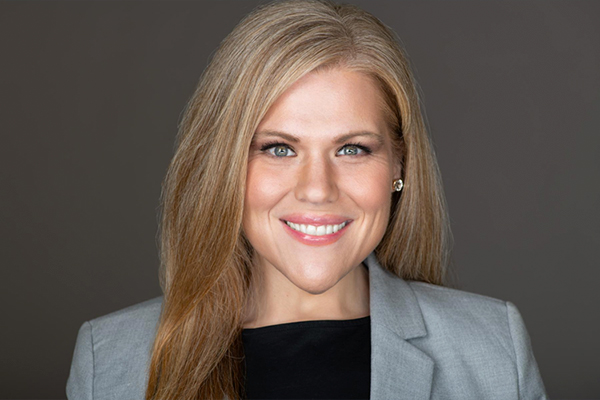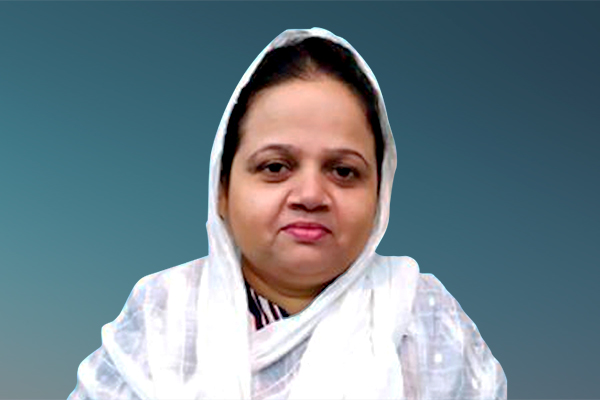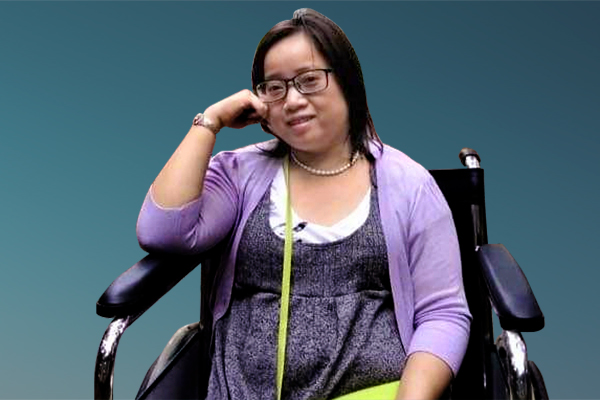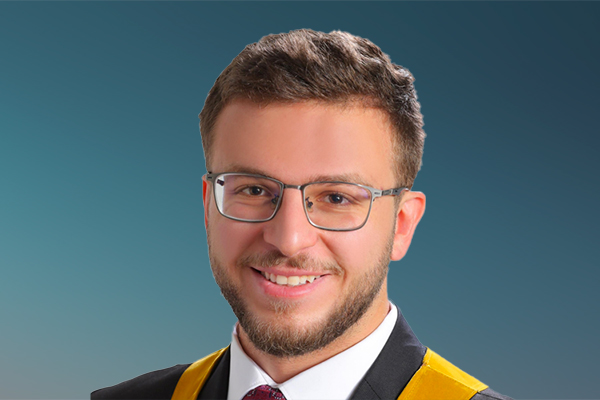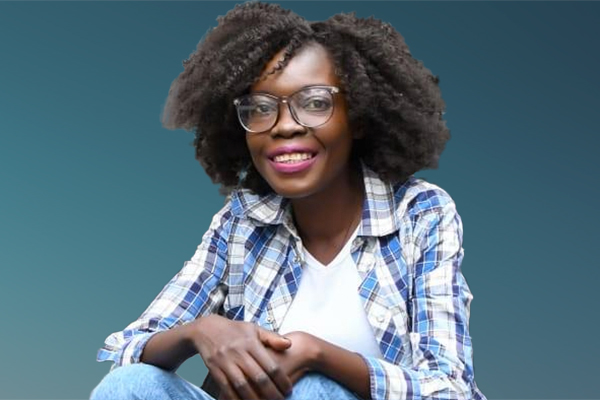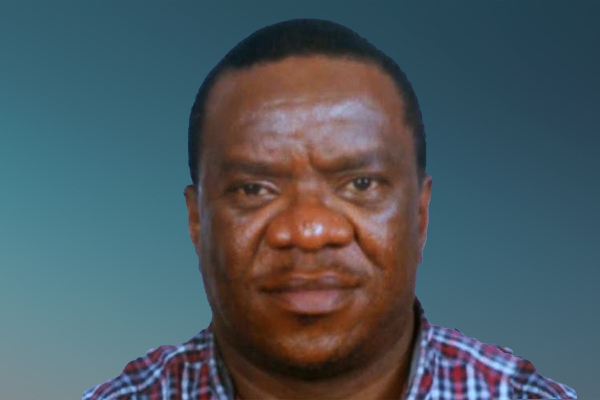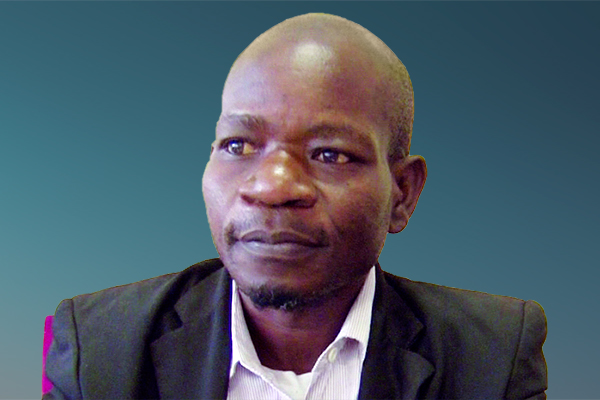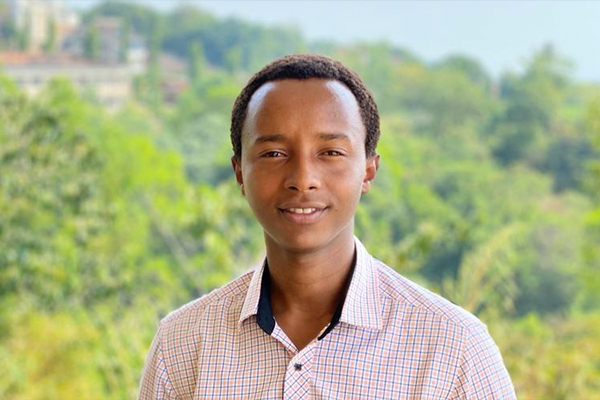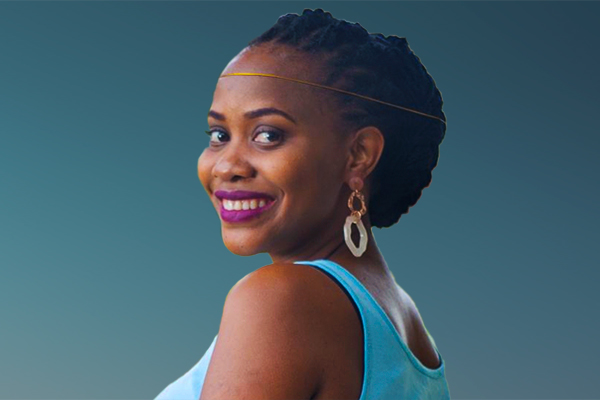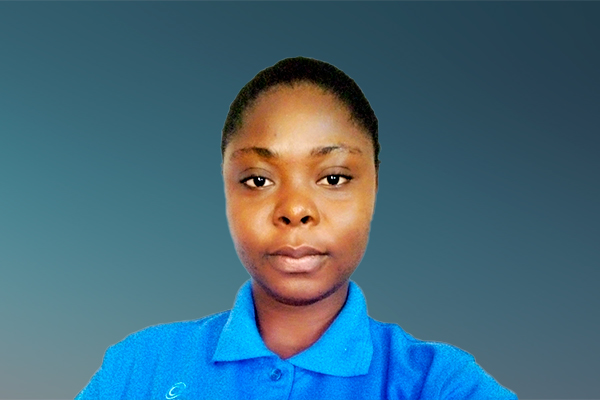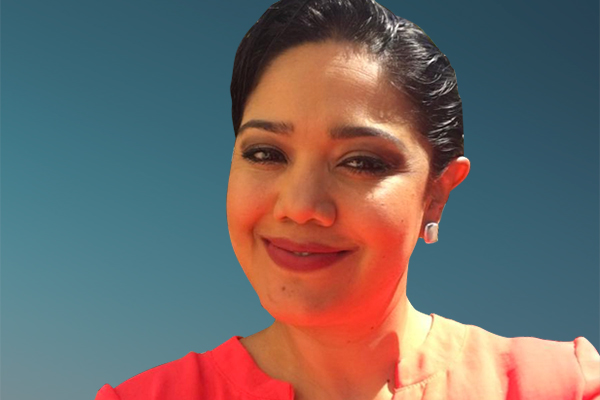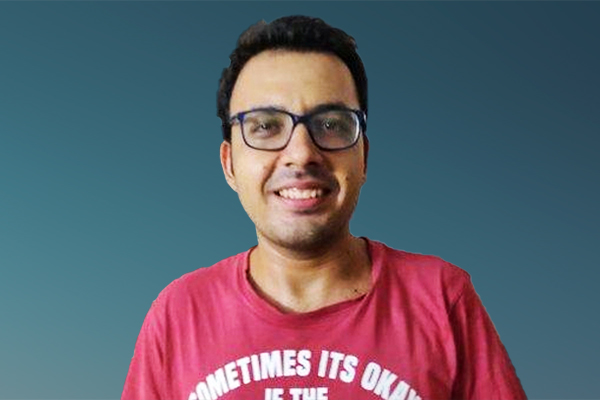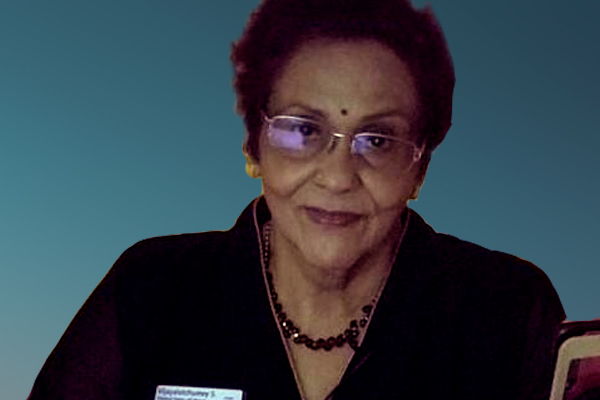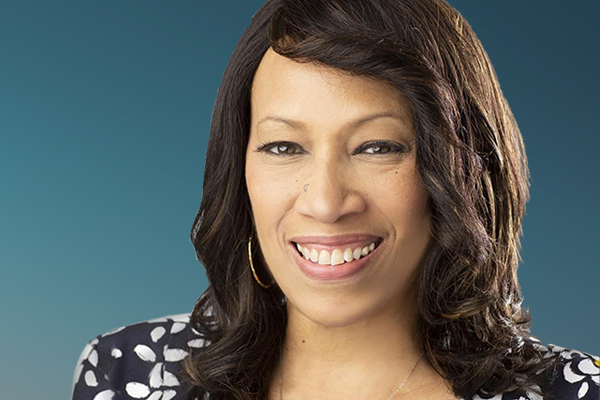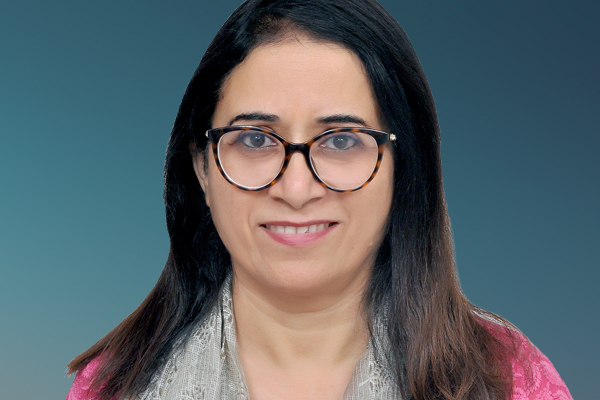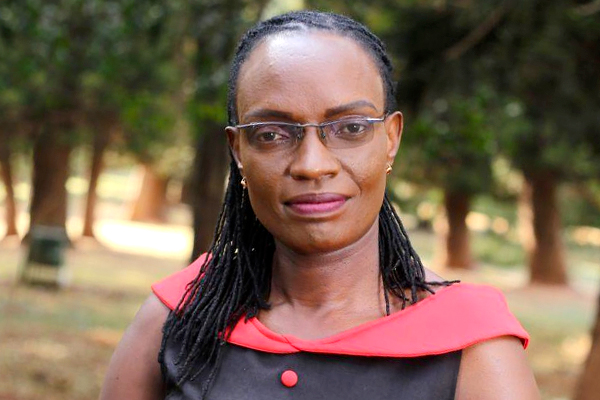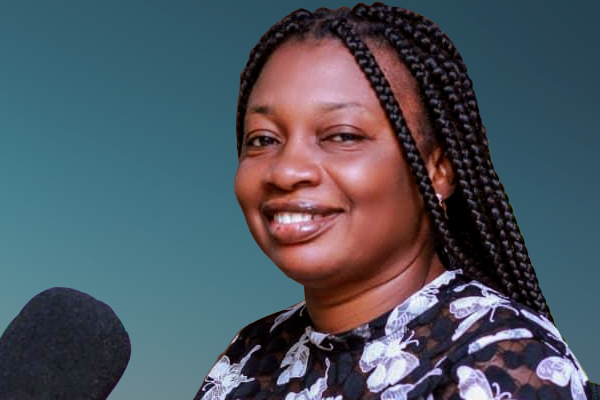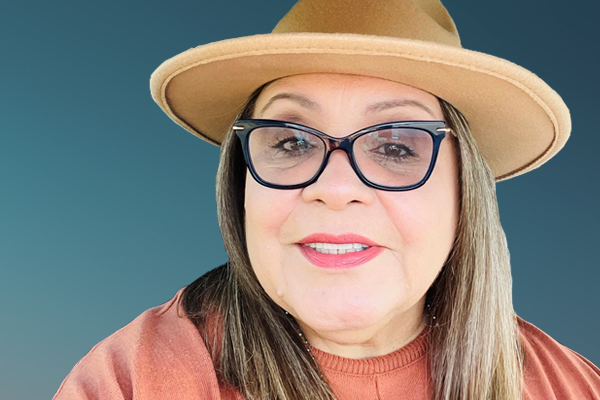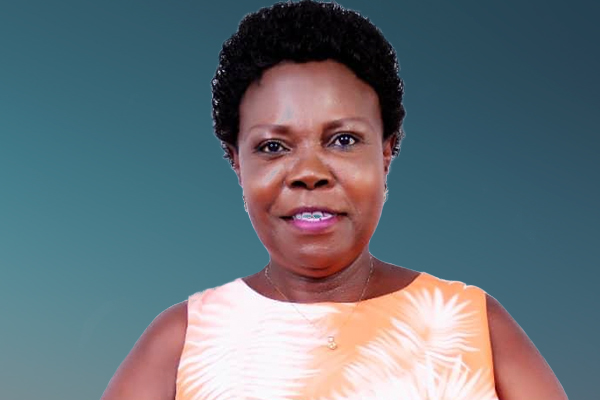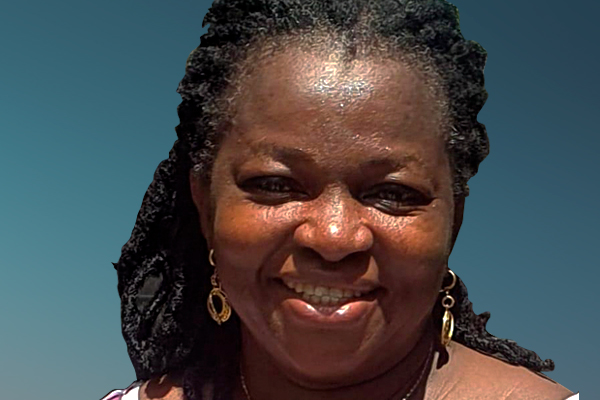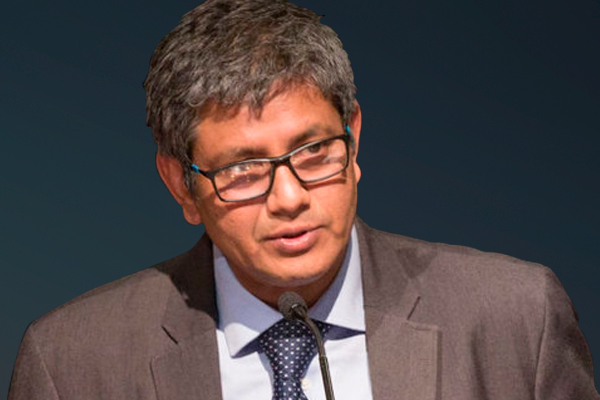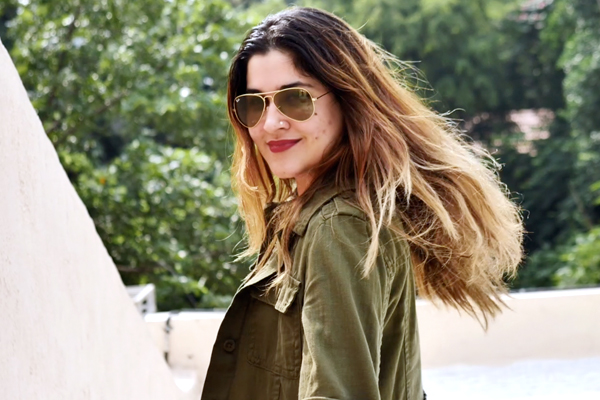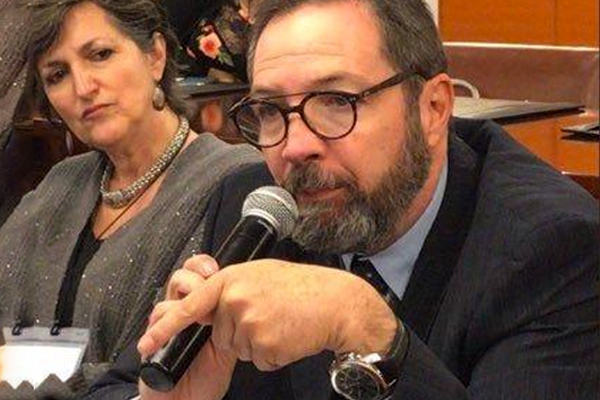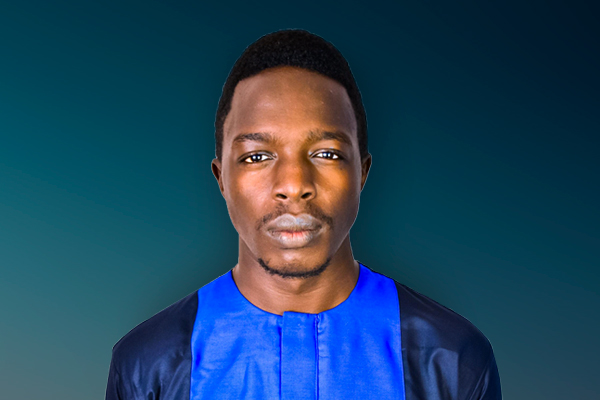Welcome to the second episode of my NCD Diary. If this is your first time listening to me, I am Christopher Agbega from Ghana, West Africa. In episode one, I shared my story of living with motor-sensory neuropathy for the past 16 years. I highlighted the common challenges I have faced within Ghana's health system regarding equitable access to NCD services. I shared the socioeconomic circumstances that prevented me and still prevent me from accessing critical services right from my diagnosis to managing my condition. Episode one was very emotional because it reminded me of the many hurdles and financial commitments I must deal with everyday while receiving the bare minimum of healthcare services I need to meaningfully contribute to myself, my family and my society.
In this episode, I introduce the Ghanaian community of people living with NCDs, emphasising the stories of specific persons who have fought and keep fighting for their lives against the many tides of health inequities.
It is worth mentioning that my journey with NCDs began in solitude, viewing my condition and my struggle for optimum healthcare as a one-man agenda until I met the community of people living with NCDs through Sharecare Ghana and Ghana NCD Alliance. My journey with Sharecare Ghana began after I watched the then-director, Nana Yaa Agyeman, share her lived experience on television. Unfortunately, she passed away in August of 2022. I still miss her. I started to play a more active role in Sharecare over the years, and was introduced to the Ghana NCD Alliance in 2018, where my growth as an advocate and peer trainer took off.
It began in 2018 with the sponsorship of the global NCD Alliance, when I had the opportunity to be trained as an advocate. This was a life-changing experience for me, especially as I was still adjusting to my new reality after diagnosis. This launched me into a new phase where I met countless voices calling for health equity to adequately address the respective NCDs they had to manage and live with. I realised I am not alone.
I live in the capital of Ghana, and so, of course, I expect and believe that the best of all things, including healthcare, is available here. But I have realised that people living with NCDs in rural parts of Ghana often deal with more devastating situations.
Well, my guess is as good as true. Mr Seth, a person living with hypertension and prostate cancer, shares his monthly struggle of having to travel several kilometres from Akenkensu (a rural community in Eastern Ghana) to Oda for his monthly dose of medication. The medication, he says, is not available at his local health centre, which is just a few minutes’ walk away from his home. He further laments the many no-show hospital days where he had been rescheduled due to the unavailability of a doctor/prescriber. The reasons for their unavailability have been the high patient-professional ratio where prescribers have to attend both to out-patients as well as in‑patients.
Living with an NCD in Ghana is physically, emotionally and mentally draining. Mr Essel, a diabetic, recounted his bed-less experience of having to sit for several hours at the outpatient department while being transfused even though he arrived in an emergency. He often jokes about this experience and refers to it as the no-bed syndrome. Sufficient capacity for emergency admissions should be an integral feature of an equitable health system. This, however, cannot be said to be the case here in Ghana. It is a common practice to be transferred due to unavailable vacant beds - most health facilities in Ghana have this challenge. Mr. Essels’ is but a single example of the many instances. This situation has also led to deaths on arrival. I recall in 2018, the situation of a man living with multiple NCDs became major news headlines for a couple of months; he died in his car on arrival at the LEKMA hospital after being rejected by seven other hospitals due to a lack of beds.
It is very difficult for people living with NCDs to find jobs to manage these medical expenses financially. I have been searching for a well-paid job to better manage this condition, and it’s not been easy at all. In most cases, and due to the challenges of living and managing an NCD, we are forced to quit school, making us less qualified for well-paid jobs.
Martha, a fellow advocate living with a mental condition, laments over the scarcity of psychiatry services and medications across Ghana. Only three public psychiatry hospitals exist in Ghana and are stationed in only two of the sixteen regions of Ghana. This means that people in 14 regions must travel to across cities and towns to access mental health services either in Accra or Cape Coast - a situation that has resulted in late diagnosis of mental health conditions and increased severity of progressive conditions. Following advocacy efforts, we have seen the Ghana Health Service's introduction of psychiatry units in some health facilities at the district and sub-district levels. Regardless of these provisions, many personal reports from people seeking mental healthcare and their caregivers indicate a limited number of specialists and inadequate diagnostic equipment.
Interestingly, the treatment for mental health conditions has the least coverage by Ghana’s national health insurance scheme; it is entirely paid out-of-pocket. After transitioning from a Board Member in 2021 to the CEO of the National Health Insurance Authority in 2022, Hon. Dr Oko Boye pledged his commitment to include mental health treatment in the health insurance scheme as part of the government’s global and national universal health coverage commitments. But here we are in 2024 with and people living with mental conditions in Ghana are in dismay, wondering when exactly their medications and therapies will be subsidised just as they are for physiological conditions.
Let me not leave out the concept of social stigma that comes with NCDs and how that has impacted our lives. Most people living with NCDs in Ghana hide their condition and go years without telling anyone, even family members, because of the stigma that comes with it. From being called by the name of your condition, to standing against non-medical advice from relatives on how to best manage the condition, people living with NCDs suffer a daily battle of both managing their condition in addition to stigma and discrimination from the community. The stigma does not even end with friends and family but in some cases, it extends to the health facilities where health workers view NCDs as a condition brought on oneself due to poor lifestyle choices, hence they are unduly delayed service or denied some services, especially when equipment is scare.
During the Ghana NCD Alliance’s 2022/2023 community-led monitoring project, I witnessed first-hand many inequities within various communities in the capital city of Ghana. Overpopulated communities of about 1,000 inhabitants accessing health services from a small community-based health planning and services compound (also known as the CHPS compound) hosting one midwife and two nurses. The wide unavailability of medicines across health facilities seemed normal, and the bad roads connecting people to health facilities were painful to watch and experience. The question that keeps bugging me is, 'If the healthcare services in the major cities are this abysmal, what is the state of healthcare service delivery in the rural and hard-to-reach communities in Ghana?'
The COVID-19 pandemic exposed NCD care gaps in Ghana’s health system and revealed the vulnerabilities facing those with underlying chronic conditions. The examples I have highlighted in this episode are but a few of the endless list of inequities being experienced by many people living with NCDs in Ghana. And yes, we must be bothered because these inequities impact the person living with NCDs, but also the family and wider community, and mean it is a challenge for the individual to contribute meaningfully to their communities.
Until we meet again in the next and final episode of my podcast, ponder on these and think of ways that governments can rise to the occasion and meet the diverse health needs of their people.
Bye for now!

